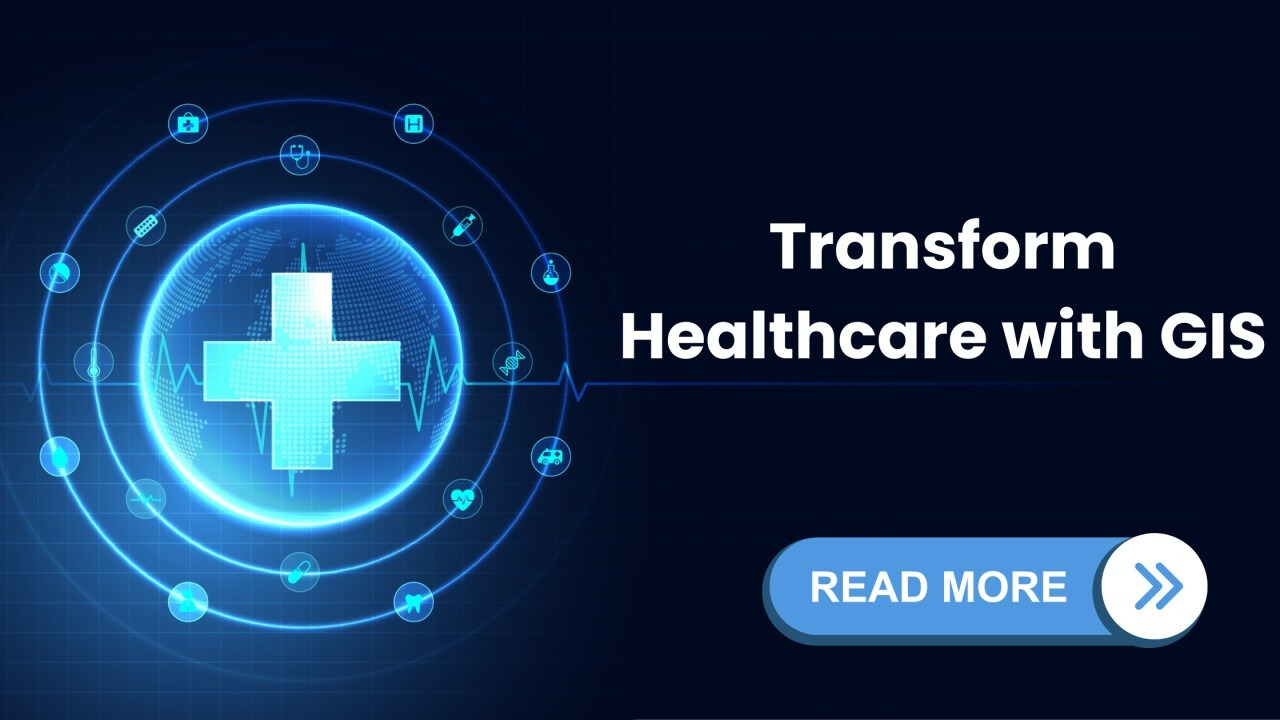In this dynamic era of rapid technological advancements, staying ahead of the competition is no longer a luxury; it’s a necessity. Businesses and organizations are navigating the data-driven landscape, seeking innovative tools that unlock hidden opportunities and optimize strategies. Enter Geographic Information Systems (GIS), a game-changing technology that promises to revolutionize the way you operate and elevate your success to unprecedented heights. As proud representatives of MicroGenesis, a renowned GIS solutions provider, let’s embark on a journey to uncover the top benefits of GIS and witness how it can transform your business landscape.
1. Enhanced Decision-Making:
One of the most significant advantages of GIS lies in its ability to visualize and analyze complex spatial data. By integrating data from various sources onto a single map, decision-makers gain valuable insights into relationships, patterns, and trends that would otherwise remain hidden. With GIS, you can make informed decisions, identify potential opportunities, and address challenges more efficiently.
2. Improved Planning and Resource Management:
GIS empowers organizations to optimize resource allocation and streamline workflows. For instance, urban planners can use GIS to design efficient transportation networks, healthcare providers can identify underserved areas, and environmental agencies can monitor natural resources and wildlife habitats. With GIS, you can create well-informed strategies for sustainable growth and resource management.
3. Effective Customer Engagement:
Incorporating GIS into customer engagement strategies can be a game-changer. By utilizing location-based data, businesses can better understand customer behavior, preferences, and needs. This, in turn, facilitates targeted marketing campaigns, personalized offers, and improved customer experiences. GIS-powered location intelligence enables businesses to deliver the right message to the right audience at the right time.
4. Precise Market Analysis:
For businesses seeking to expand their operations or open new branches, GIS offers invaluable market analysis capabilities. GIS tools can overlay demographic data, competitor locations, and consumer behavior patterns to identify untapped markets and potential growth areas. Understanding the geographical context helps companies make strategic decisions and minimize risks associated with expansion.
5. Efficient Asset Management:
GIS plays a vital role in managing physical assets efficiently. Whether it’s managing utility infrastructure, transportation networks, or public facilities, GIS can track, monitor, and maintain assets effectively. By integrating real-time data with GIS, organizations can improve asset performance, reduce downtime, and extend the lifecycle of critical infrastructure.
6. Disaster Preparedness and Response:
During times of crisis, GIS proves indispensable in disaster preparedness and response efforts. Emergency services can leverage GIS to analyze affected areas, plan evacuation routes, and coordinate relief operations. By visualizing real-time data, responders can prioritize resources where they are needed most, saving lives and minimizing damage.
Also Read: The Role of GIS in Disaster Response and Recovery Efforts
7. Enhanced Collaboration and Communication:
GIS promotes collaboration and communication across diverse teams and departments. By centralizing data on a shared platform, stakeholders can access up-to-date information, reducing miscommunication and duplication of efforts. GIS facilitates a unified approach to problem-solving and fosters a collaborative environment for innovation.
Conclusion:
The benefits of Geographic Information Systems (GIS) extend far beyond what is covered in this blog. As MicroGenesis, a trusted GIS solutions provider, continues to push the boundaries of spatial technology, organizations of all sizes can harness the power of GIS to drive innovation, optimize operations, and make data-driven decisions. Embrace the transformative potential of GIS and unlock new opportunities for your business to thrive in a dynamic world.




